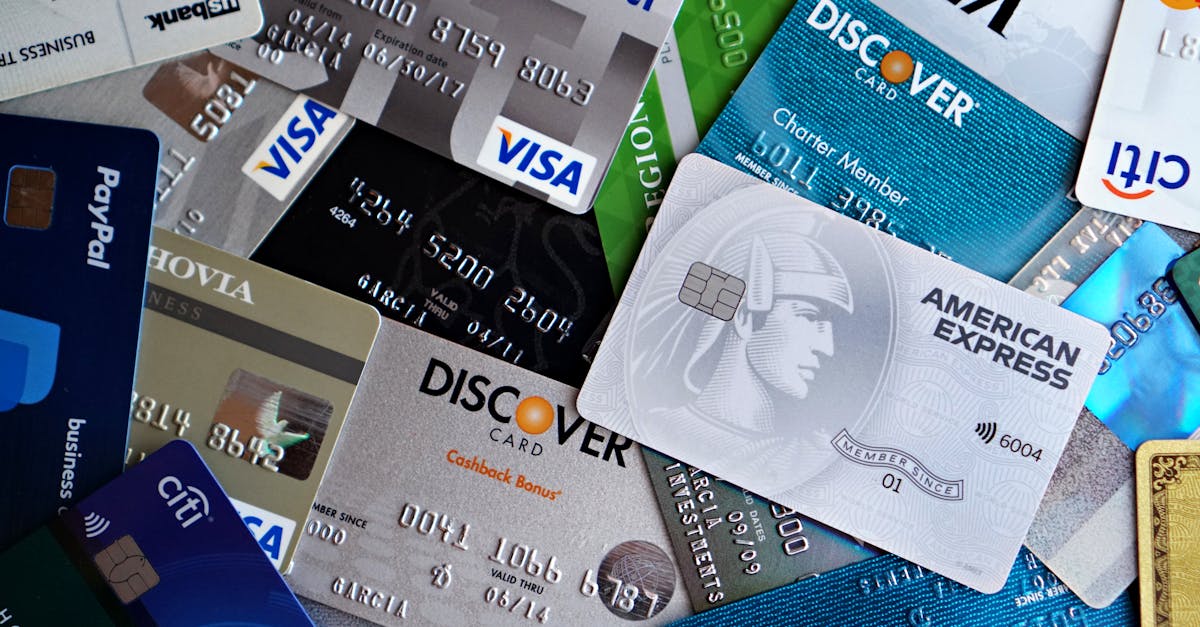Navigating the Commercial Loan Process for Small Business Success

```html
Estimated Reading Time
10 min
Key Takeaways
Commercial loans are an essential source of funding for businesses’ growth and stability. It is important to know about the different types of loans and loan eligibility. There are other sources of small business financing.
Table of Contents
- What is a Commercial Loan for a Small Business?
- Types of Commercial Loans for Small Businesses
- Eligibility and Process
- How to Choose the Right Commercial Lender
- Alternative Commercial Financing Solutions
- Steps to Take Before Applying for a Commercial Loan
- Common Difficulties and Solutions of Getting a Commercial Loan
- Conclusion
- FAQ
- Additional Resources & Tools
Body Content
What is a Commercial Loan for a Small Business?
A commercial loan is a type of debt-based funding arrangement that is between a business and a financial institution, typically a bank, often used to fund major capital expenditures or cover operational costs. Unlike personal loans, which are based on an individual's creditworthiness, commercial loans are geared towards business use.
Types of Commercial Loans for Small Businesses
- Small Business Commercial Mortgage: For buying or refinancing commercial real estate.
- Business Property Financing: For purchases of business related real estate or property.
- Commercial Real Estate Loans: For various types of real estate investments.
- Business Capital Loans: Available for new businesses or expansions.
- Small Business Capital Loan: Flexible cash for day-to-day expenses or inventory.
Eligibility and Process
The process to get a business loan requires meeting certain requirements and processes.
- Demonstrating business revenue and profitability.
- Maintaining a strong credit score.
- Offering business assets as collateral, if needed.
- Submitting a detailed business plan.
- Collecting tax returns, financial statements, and a business license.
- Applying to the credit bureau.
- Submitting a comprehensive business plan outlining the use and repayment of the loan.
How to Choose the Right Commercial Lender
Selecting the right commercial lender is crucial for getting the best loan terms.
- Compare interest rates and terms.
- Check for transparent fees and lender support for small businesses.
- Match your loan term to your business cash flow and growth potential.
Alternative Commercial Financing Solutions
- SBA-Backed Loans: Government-backed, possibly easier to obtain.
- Community Lenders: Provide flexible terms compared to large banks.
- Fintech Platforms: Enable fast approval but may have higher interest rates.
Steps to Take Before Applying for a Commercial Loan
- Review your credit report and work on improving your score if needed.
- Prepare financial statements and tax returns.
- Develop a detailed business plan with financial forecasts.
- Accurately calculate the required funding and purpose.
- Evaluate potential collateral.
Common Difficulties and Solutions of Getting a Commercial Loan
- Facing rigorous eligibility requirements.
- Handling collateral and credit concerns.
Solutions include:
- Utilizing government-guaranteed programs to lower lender risk.
- Establishing relationships with lenders.
- Exploring online markets for easier loans.
Conclusion
A small business loan is pivotal for growth, stability, and competitive advantage. Thorough knowledge of available loans and careful planning can optimize financing outcomes. Structuring loans according to a comprehensive business plan and getting professional advice is paramount for success.
Additional Resources & Tools
- Check out Small Business Administration (SBA) for loan resources and listings.
- Employ financial planning tools like budget calculators and business plan templates.
- Consider local banks, credit unions, and SBA-qualified lenders as potential partners.
FAQ
What is the difference between commercial loan and personal loan?
Commercial loans are tailored for business purposes, utilizing business creditworthiness, whereas personal loans are based on individual credit and are for personal use.
What are the general requirements to qualify for a commercial loan?
Requirements include demonstrating business revenue, maintaining a strong credit score, providing collateral, and having a detailed business plan.
What are some other loan options available to small businesses?
Options include SBA-backed loans, community lenders, and fintech platforms.
To what extent is a business plan important in getting a loan?
A detailed business plan is crucial as it outlines the loan purpose and repayment strategy, enhancing the loan's chance of approval.
What are some common difficulties of obtaining a commercial loan?
Challenges include meeting strict eligibility criteria and addressing collateral or credit concerns.
APPLY TO GET FUNDING WITH WefrontIt HERE.
```


